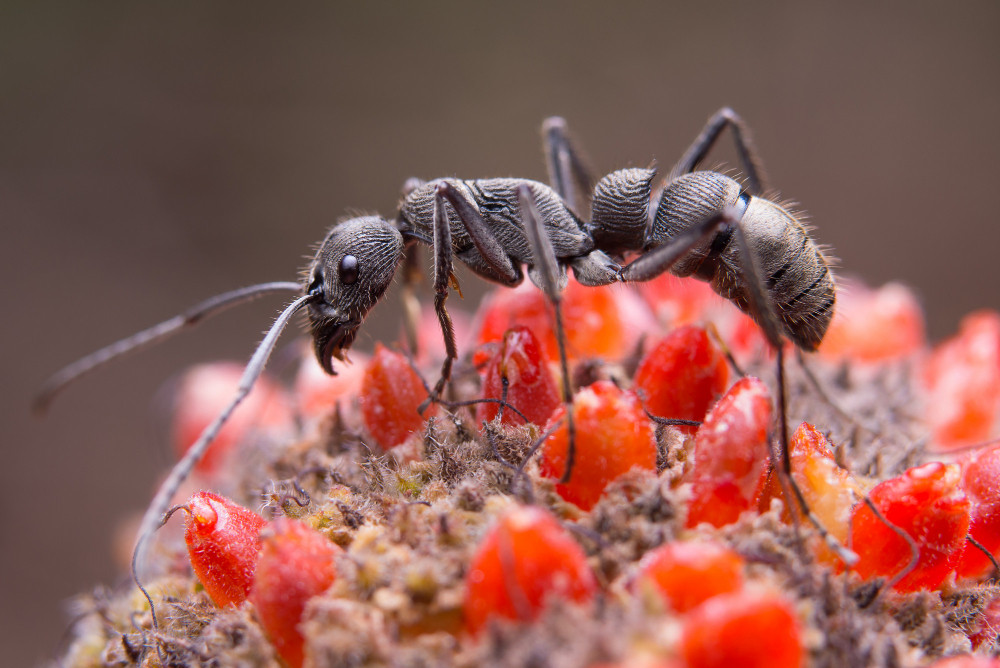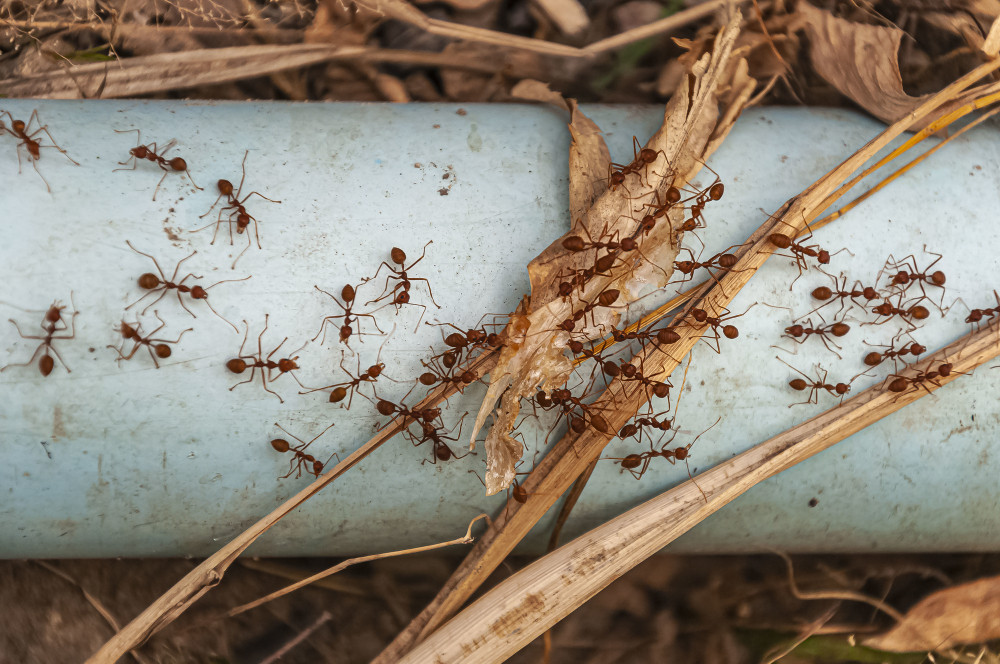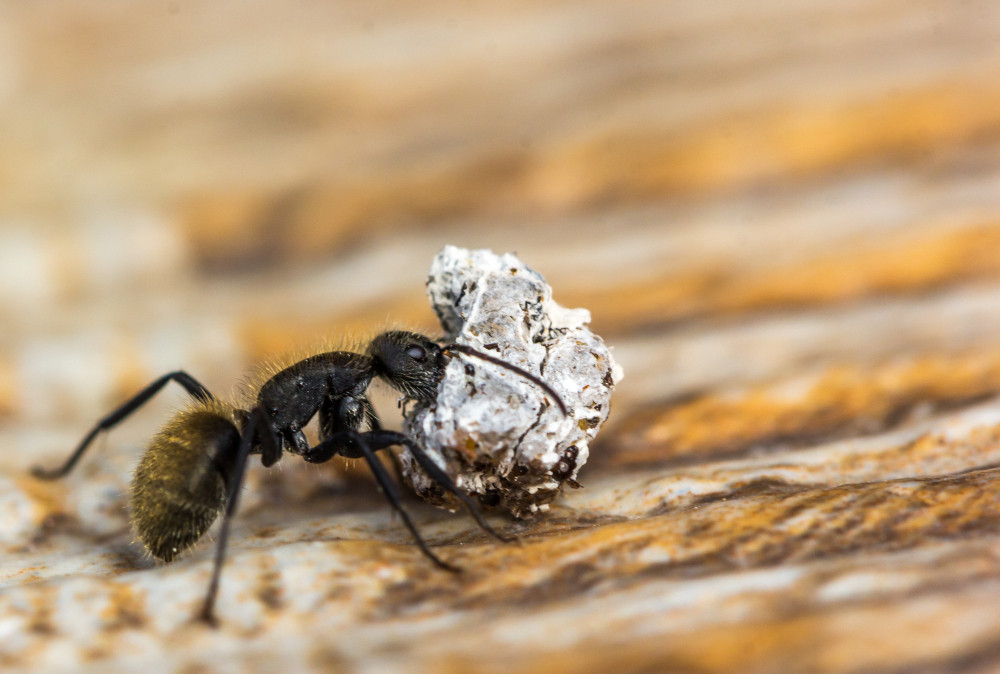Aggressive Ants Take Over Germany, Causing Major Disruptions to Power and Internet

© vecstock / Freepik
How are invasive ants in Germany impacting the daily lives of residents? How are residents in affected towns like Kehl coping with the ant invasion?
Ants! A creature so small it could crawl through the tiniest cracks, yet so powerful it could shut down your internet or turn off your lights.
In Germany, this isn’t a science fiction story—it’s happening right now. A species of aggressive ants is spreading across the country, causing trouble wherever they go.
These ants, known as Tapinoma magnum, are not your average backyard pests. They’re invaders from the Mediterranean, and they’re making themselves at home in German towns and cities.
Let’s explore how these tiny ants are creating big headaches and what’s being done to stop them.
A Growing Threat to Buildings and Technology

Tapinoma magnum ants are tiny, only about 3 millimeters long, but they live in massive groups called supercolonies.
These colonies can have millions of ants, all working together like a well-organized army. In towns like Kehl, Heidelberg, and even bigger cities like Stuttgart, these ants are causing serious damage.
They chew through electrical cables, leading to power outages and internet shutdowns. In Kehl, residents have reported ants tunneling under streets and playgrounds, weakening structures.
The ants don’t just stop at wires—they invade homes, bite people and pets, and make life uncomfortable for everyone.
The problem isn’t just in Germany. These ants have been spotted in France and Switzerland, showing they can survive in colder climates.
Their ability to endure freezing temperatures, like -15°C for two weeks, makes them hard to stop. Scientists warn that if these ants aren’t controlled, they could cause even more damage to buildings and critical systems like power grids.
Fighting Back Against the Invasive Ants in Germany

German scientists and local leaders are working hard to tackle this problem. In Baden-Württemberg, a research project is underway to find ways to stop the ants from spreading.
One method being tested is injecting hot water into the ground to destroy ant nests. This approach is safer for the environment than using chemicals, but it’s not a perfect solution.
Experts say Tapinoma magnum is “virtually impossible to get rid of” because of their many queens and fast-growing colonies. Each colony can have multiple queens, so killing one doesn’t stop the group from growing.
Local authorities are also asking residents to report ant sightings so they can act quickly.
In some areas, pest control teams are using bait traps to lure and kill the ants, but these methods only work if the colonies are caught early.
cientists are also studying the ants’ behavior to find weaknesses. For example, Tapinoma magnum ants are attracted to warmth, which is why they often invade electrical systems.
Understanding these habits could lead to better ways to keep them out of homes and infrastructure.
What’s Next for Germany’s Ant Problem?

The fight against Tapinoma magnum is far from over. As these invasive ants continue to spread, they could reach more parts of Germany and beyond.
Cities are spending thousands of euros to repair damaged cables and reinforce buildings, but the costs keep rising.
Residents in affected areas are frustrated, with some saying they can’t use their gardens or let their pets outside because of the ants’ painful bites.
Experts believe that climate change might be helping these ants survive in colder regions. Warmer winters and milder summers create perfect conditions for Tapinoma magnum to thrive.
To prevent further damage, Germany may need to invest in new technologies, like ant-proof materials for cables and buildings.
or now, the best defense is awareness—knowing where the ants are and reporting them early can make a big difference.
If you live in Germany, keep an eye out for these tiny invaders. Check your home for small, dark ants moving in large groups, especially near electrical outlets or warm spots.
By working together, communities can slow the spread of this pest and protect their towns from further damage.
he battle against these aggressive ants is just beginning, but with science and teamwork, Germany hopes to take back control.
You might also want to read: 10 Bizarre Rituals Around the World



